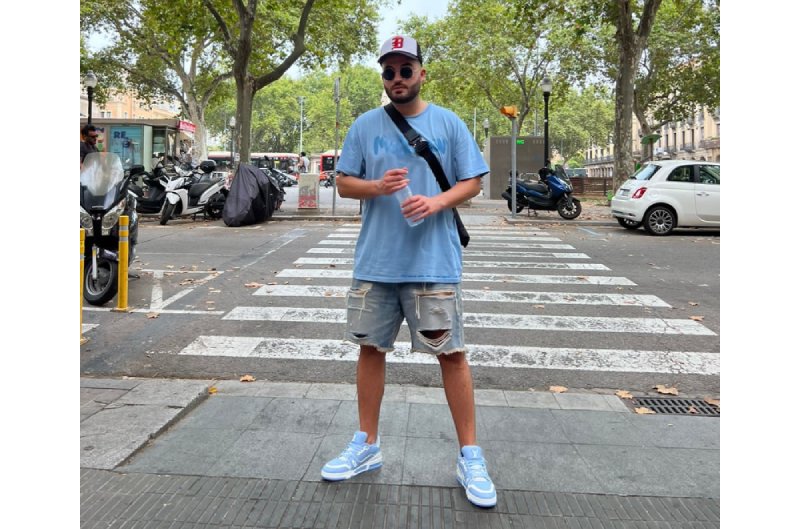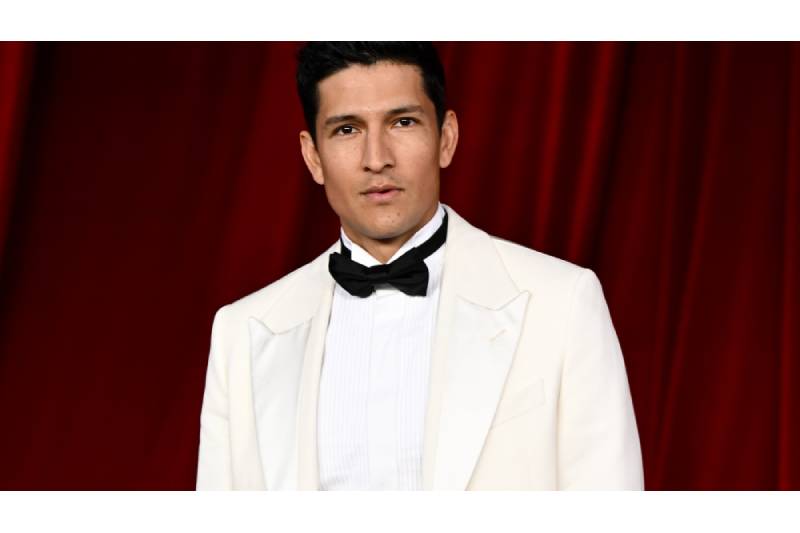Entertainment
The vision of a true singer; According to Ashkan Fattahi

Entertainment
Wicked Box Office Hits Global Milestone, Poised to Surpass Kung Fu Panda 4 and Godzilla x Kong
Entertainment
Danny Ramirez on Joaquin Phoenix Leaving the Gay Romance Film Directed by Todd Haynes
Entertainment
David Schwimmer Remembers Rejecting “Men in Black”: ‘That Would Have Made Me a Hollywood Star’
-

 Business4 weeks ago
Business4 weeks agoPerplexity, an AI business, adds retail capabilities as search competition gets more intense
-

 Business4 weeks ago
Business4 weeks agoProRata, an AI startup, Teams up with UK Publishers after reportedly Hitting $130 Million in Valuation
-

 Technology4 weeks ago
Technology4 weeks agoApple’s own 5G modem-equipped iPhone SE 4 is “confirmed” to launch in March
-

 Business4 weeks ago
Business4 weeks agoWiz will pay $450 million to acquire Cloud Remediation Startup Dazz
-

 Technology4 weeks ago
Technology4 weeks agoGoogle is said to be discontinuing the Pixel Tablet 2 and may be leaving the market once more
-

 Science4 weeks ago
Science4 weeks agoStarship is Chosen by Lunar Outpost to Transport the Rover to the Moon
-

 Business4 weeks ago
Business4 weeks agoFilm Bazaar Unveils an Interactive Cinema App from an Indian Tech Startup
-

 Business4 weeks ago
Business4 weeks agoAmazon Invests an additional $4 Billion in the AI Firm Anthropic



